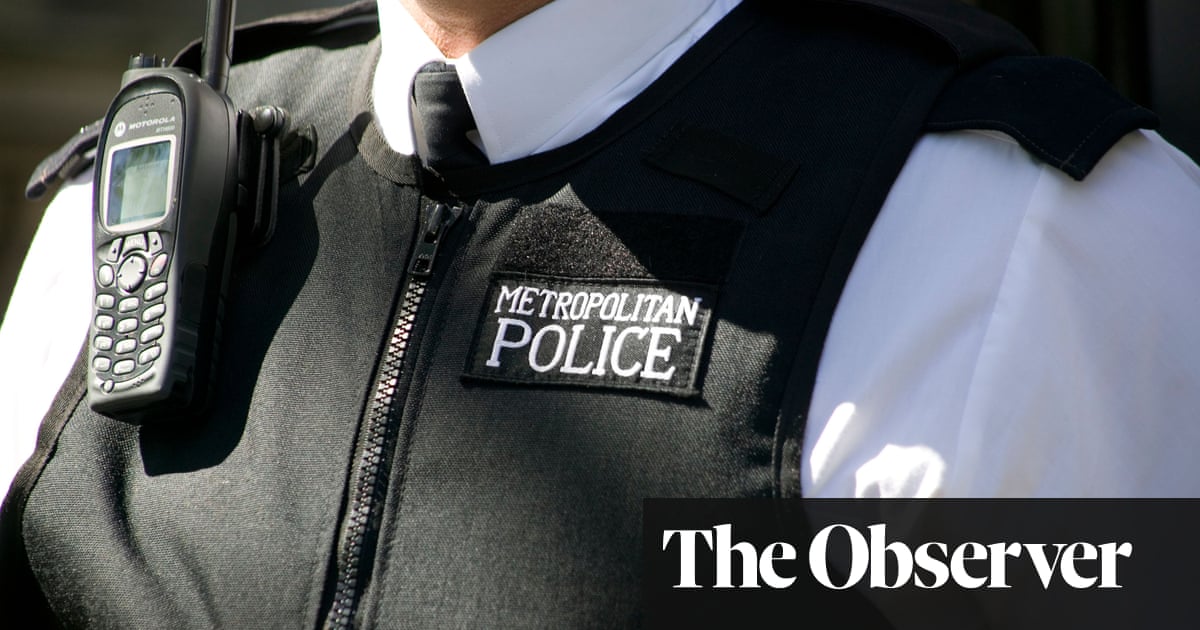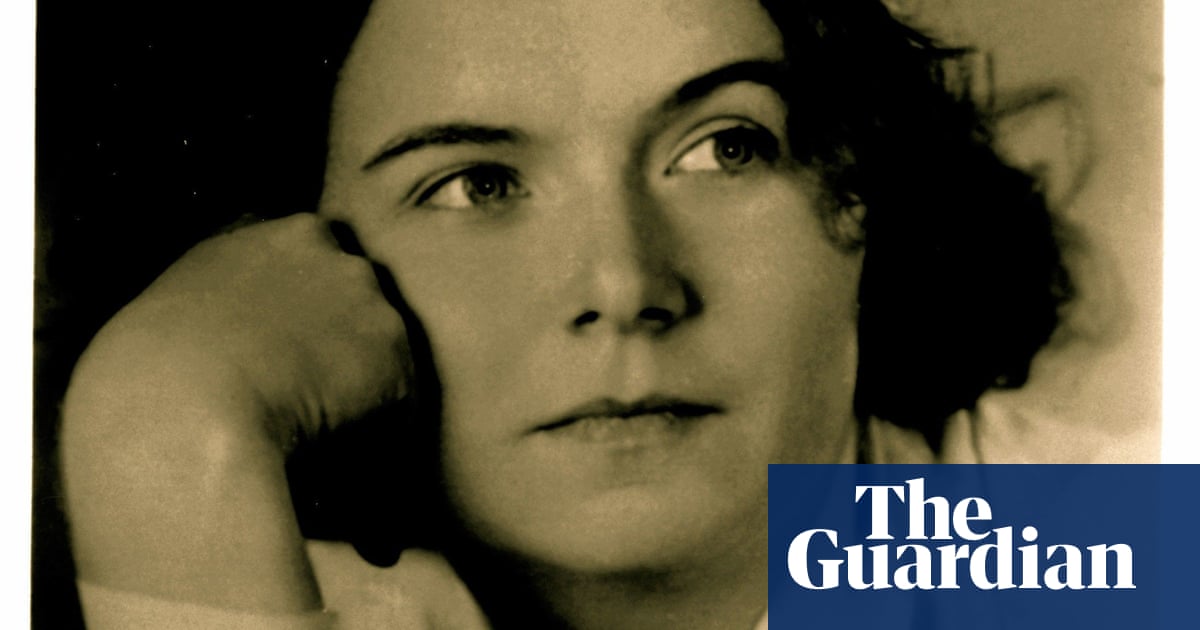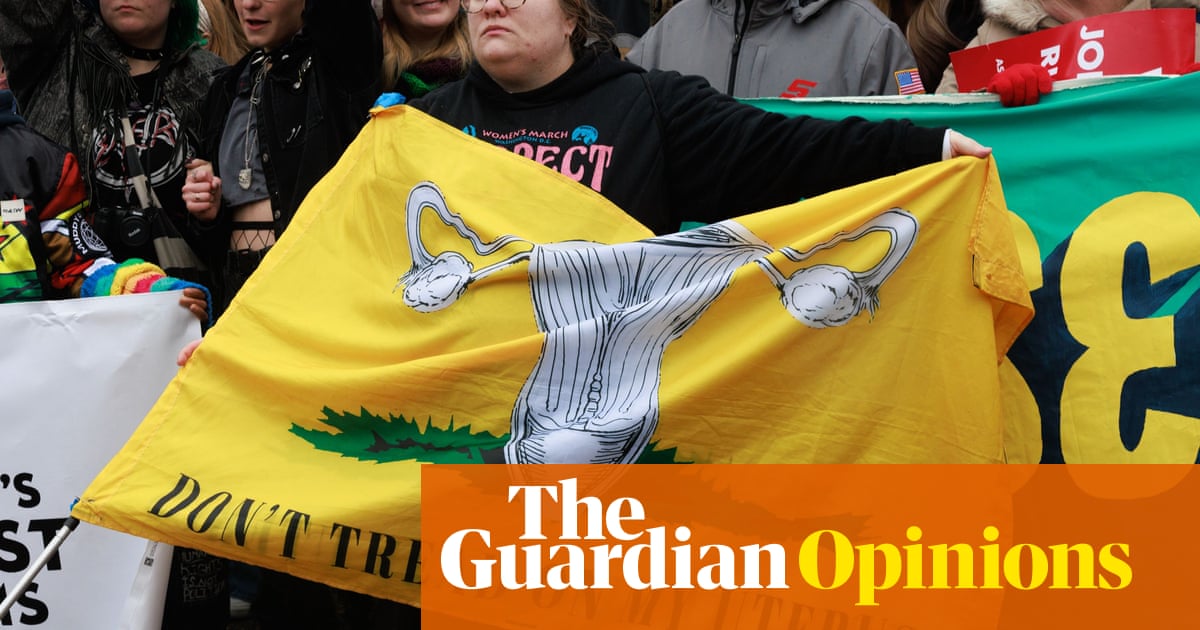
NEW ORLEANS (Reuters Breakingviews) - Last June, as America erupted in protest over racial injustice and police violence, two companies roughly 1,200 miles apart decided it was time to rethink brands with white supremacist roots. One was an iconic craft-beer maker in the Deep South. The other was a $60 billion consumer-goods conglomerate with a marketing budget in the billions of dollars and a string of awards for its commitment to diversity and ethical business. Guess which one changed first.
That would be Dixie Brewery, a century-old New Orleans-based maker of suds. As the social justice movement gathered pace in 2020, owner Gayle Benson noted mounting discomfort over the brand’s associations in the majority-Black city. In June, she decided a name associated with the pro-slavery Confederate troops of the American Civil War had to go. From March 26, Dixie becomes Faubourg Brewing, borrowing the old French word for a New Orleans suburb. The signs outside its main brewery were being taken down this week.
The other company is Colgate-Palmolive, the name behind pearly white smiles around the world. It’s reviewing the future of Darlie, the biggest toothpaste brand in China, whose name translates locally as “Black person.” While it announced its self-scrutiny a week before Dixie did, Colgate has yet to come to a decision over a name change. As recently as February, Darlie was still actively filing protective trademarks like “Little Black Person” and “Black Person Super White” as part of its long-standing policy of pre-empting copycats, according to the Chinese government’s public directory.
Colgate faces a challenge Dixie doesn’t: supertankers turn slowly. Boss Noel Wallace oversees $16.5 billion of revenue. Dixie, even with its new 75,000-barrel-a-year brewery at full capacity, is relatively tiny. But size alone doesn’t explain the slow pace of change. Rival consumer goods giants PepsiCo and Mars have moved with surprising speed over similarly divisive marques. Pepsi’s Aunt Jemima pancake mix hits shelves in June with the new name Pearl Milling, and its titular image is already gone. Mars rice brand Uncle Ben’s is about to become Ben’s Original.
Wallace, who acknowledged last summer that Black colleagues were “fearful, sad and angry” over racial injustices, deserves some slack for the complexity of his predicament. Darlie is produced by Hawley & Hazel, a joint venture 50% owned by the U.S. tooth-care titan. That makes it harder to turn on a dime. Back in 1989, that relationship was one reason Colgate said it would take two years to replace a “K” with an “L” in the product’s Romanized name, rendering it nonsensical rather than racist.
The other wrinkle: Darlie’s customers seem just fine with things the way they are. China is far from the kind of racial reckoning that U.S. investors, customers and workers are increasingly demanding. It’s a country where entertainers in blackface last month performed an “African song and dance” number on the state-sponsored Spring Festival TV gala. China’s leading toothpaste brand is still growing market share, Colgate executives told investors in December, and store sales of Darlie are recovering faster than Colgate’s own-brand products.
Dixie’s owners would argue that profit is no reason to stay on the wrong side of history. While the Big Easy brewer is smaller, it’s taking an outsized risk. For a one-brand company in a segment as brand-driven as beer, a new name has the potential to hurt sales. As it is, Dixie is using its rebranding as a spur to try out new brews. That makes sense since, without the support of its flagship brand, it has no choice but to find new ways to compete. Colgate, which spent $6 billion on sales, marketing and administration in 2020 and has considerable clout with retailers worldwide, ought to be able to rise to that challenge.
Besides, Colgate’s Chinese customers are only one of the groups it must please. There are also investors. The 10% annualized return they’ve received from Colgate over the past five years is one-third less than they would have got from the S&P 500 consumer staples index. Larry Fink, whose investment firm BlackRock owns around 7% of the shares, reminded chief executives in February that companies with better environmental, social and governance profiles merit a “sustainability premium.” BlackRock has also warned companies to make sure they’re attracting diverse talent.
For that reason alone, it’s hard to see how “Black person toothpaste,” even in China, won’t go the same way as Aunt Jemima, or Uncle Ben. The notion of Dixie is now anathema, but until recently it was often passed off as an expression of Southern pride. Colgate’s adherence to Darlie, for a company whose core values are “caring, global teamwork and continuous improvement,” is far less ambiguous. Saying goodbye to a big, fast-selling brand is challenging. Even so, the case for doing so is clear.












